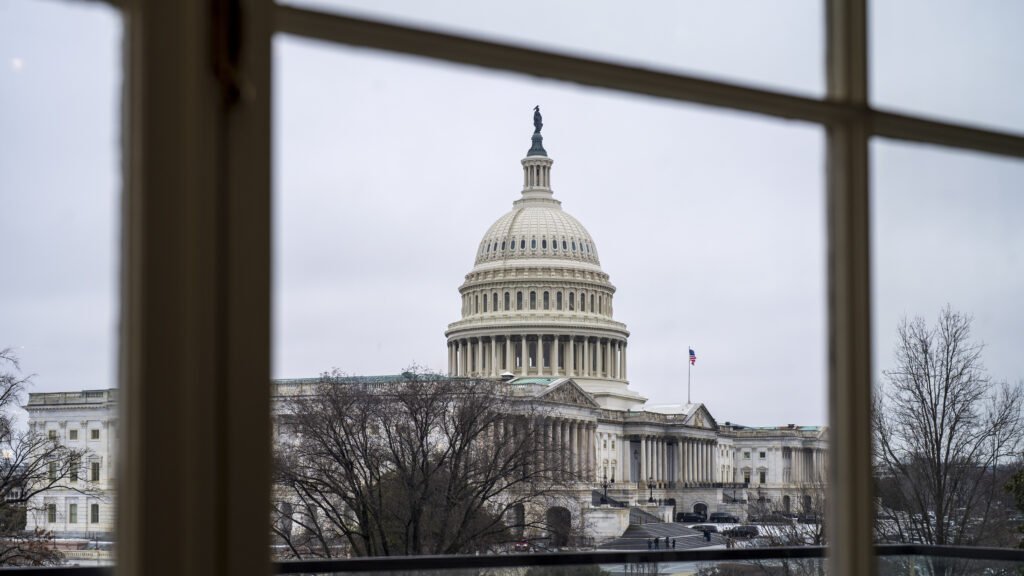The 35th anniversary of the Americans with Disabilities Act is being commemorated this Saturday by some members of the disability community who are participating in a 60-hour rally to protest against potential Medicaid cuts. This rally coincides with the 60th anniversary of Medicaid and Medicare, highlighting the importance of these programs in supporting individuals with disabilities.
In a recent discussion hosted by the Food and Drug Administration (FDA) on the effects of SSRIs during pregnancy, the focus seemed to be disproportionately on the risks associated with antidepressants rather than the benefits. This has raised concerns among experts, as untreated mental illness during pregnancy can have serious consequences, including an increased risk of suicide and drug overdoses, which are now the leading causes of pregnancy-related deaths according to the Centers for Disease Control and Prevention.
President Trump has signed a new order aiming to end homelessness in America by making it easier to involuntarily treat individuals with serious mental illnesses. However, many public health professionals argue that involuntary commitment should be a last resort and that expanding such measures could deter individuals from seeking help.
A recent report from the CDC highlighted a large foodborne outbreak caused by Salmonella Typhimurium linked to unpasteurized milk and heavy cream from a California dairy. This incident resulted in numerous cases of illness, particularly among children and teenagers, emphasizing the importance of consuming pasteurized dairy products to prevent foodborne illnesses.
Despite efforts to combat malnutrition, a new report from UNICEF, the World Health Organization, and the World Bank Group reveals that millions of children under five are still suffering from stunted growth and wasting. The report underscores the critical need for access to nutritious food to ensure the healthy development of children worldwide.
In light of the recent $4 billion in extra Medicaid funds allocated to medical providers, hospitals are scrambling to secure additional funding before Medicaid cuts take effect. The phased reduction of “state directed payments” under the new tax law poses challenges for providers who have relied on these funds to maintain adequate payment rates.
The ongoing crisis in Gaza, where many children are suffering from severe malnutrition, serves as a stark reminder of the devastating consequences of food insecurity. As humanitarian aid is delayed and civilians face confinement in a small area, urgent action is needed to address the growing famine in the region.
These key developments underscore the importance of ongoing efforts to address healthcare challenges, support vulnerable populations, and promote access to essential services for those in need.


